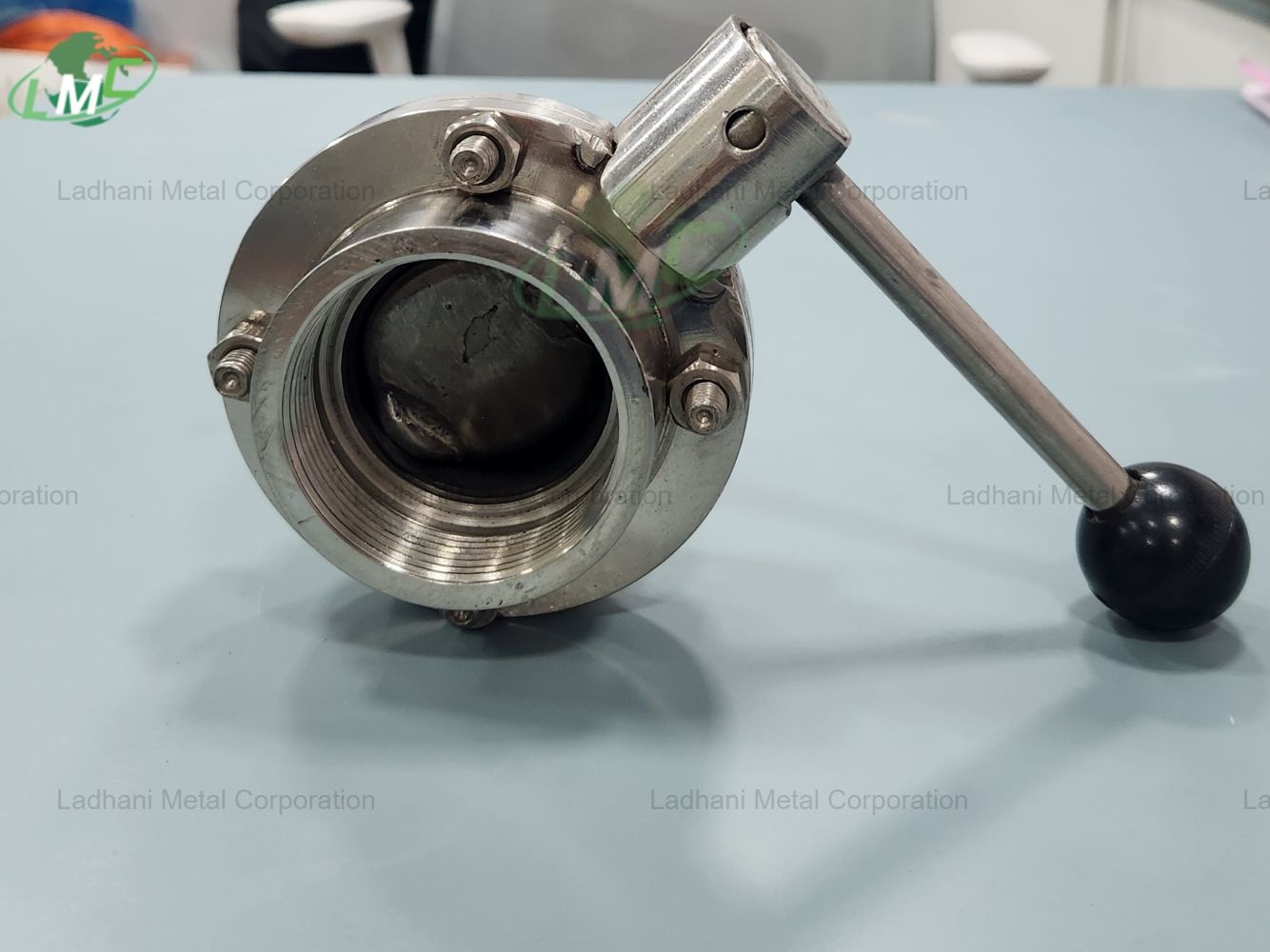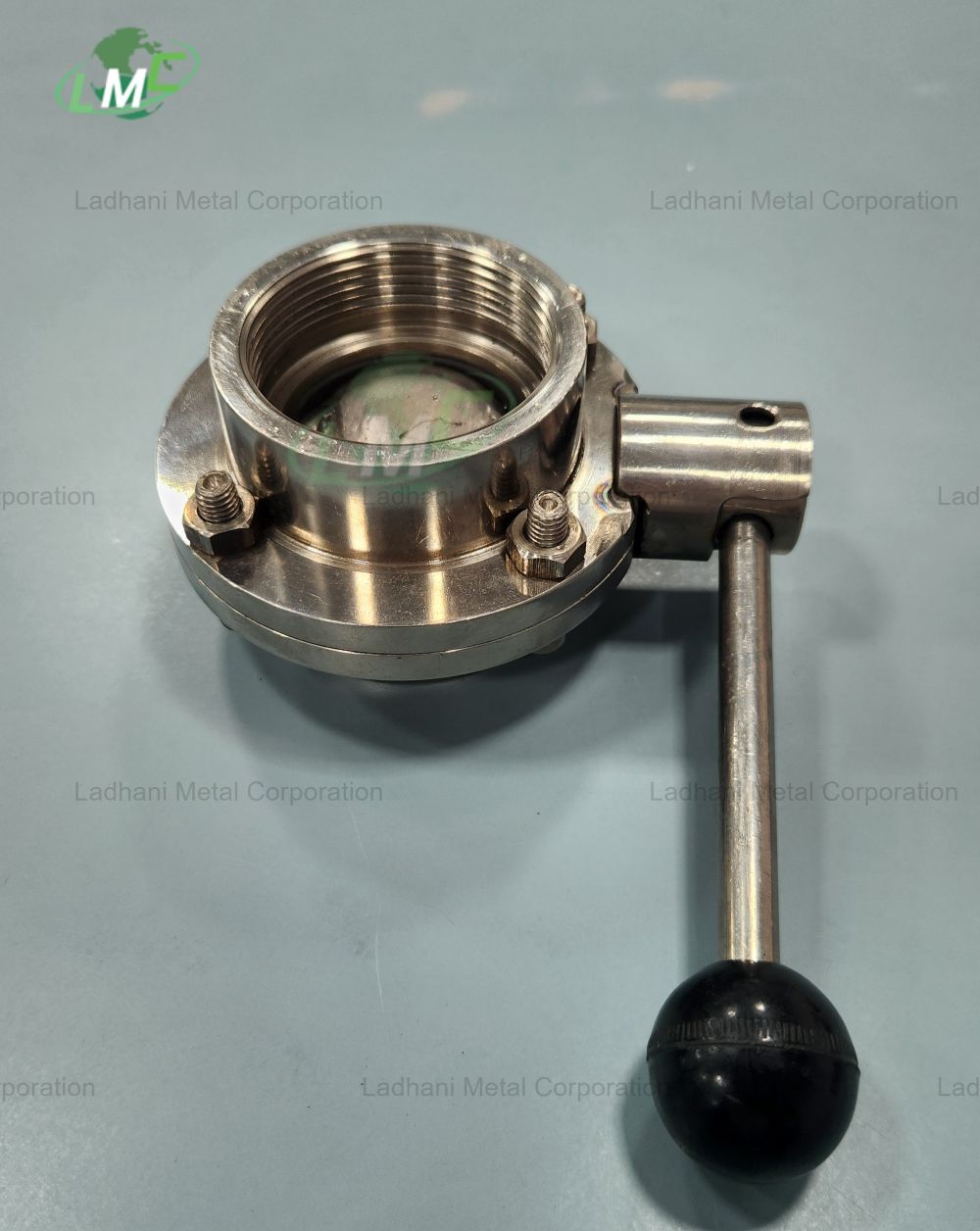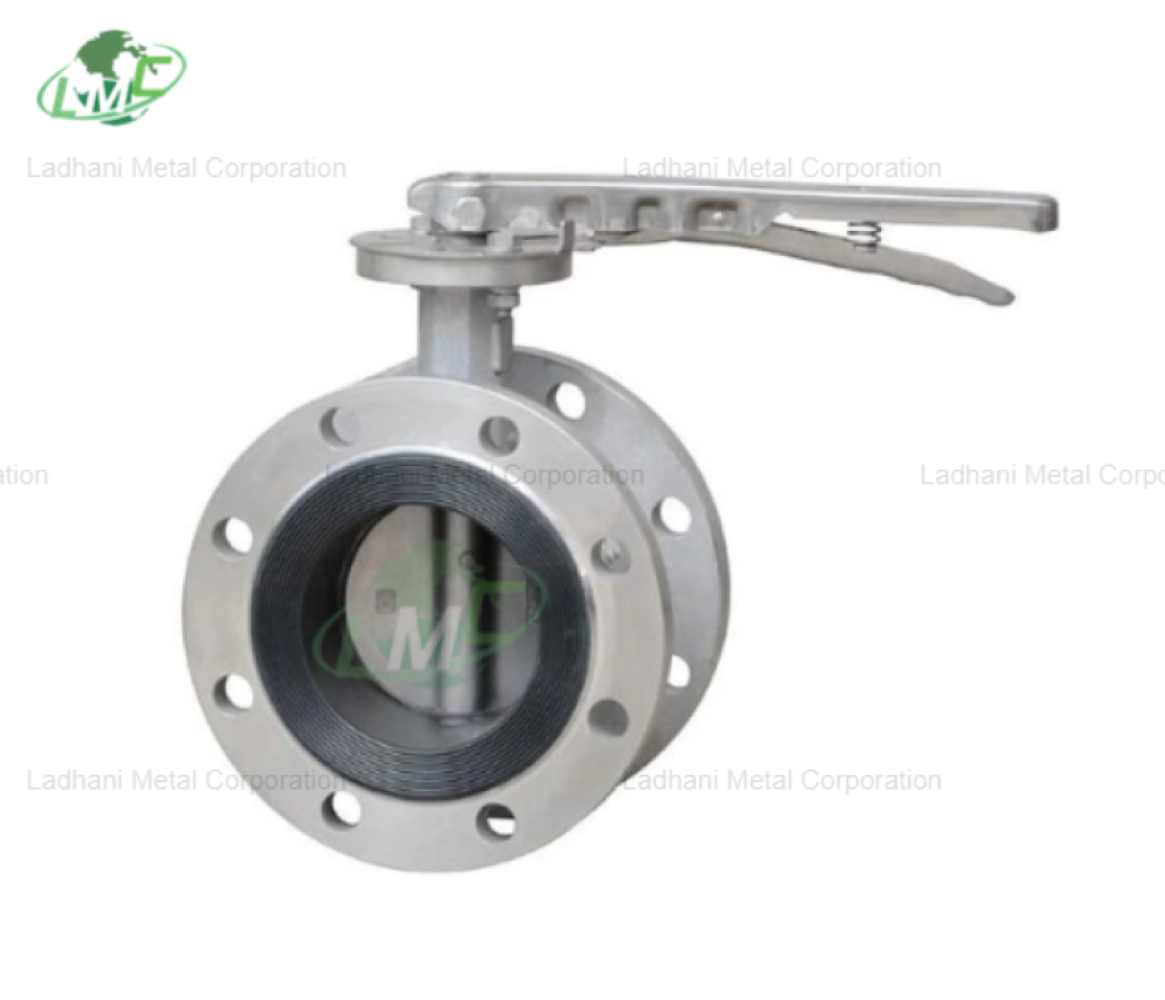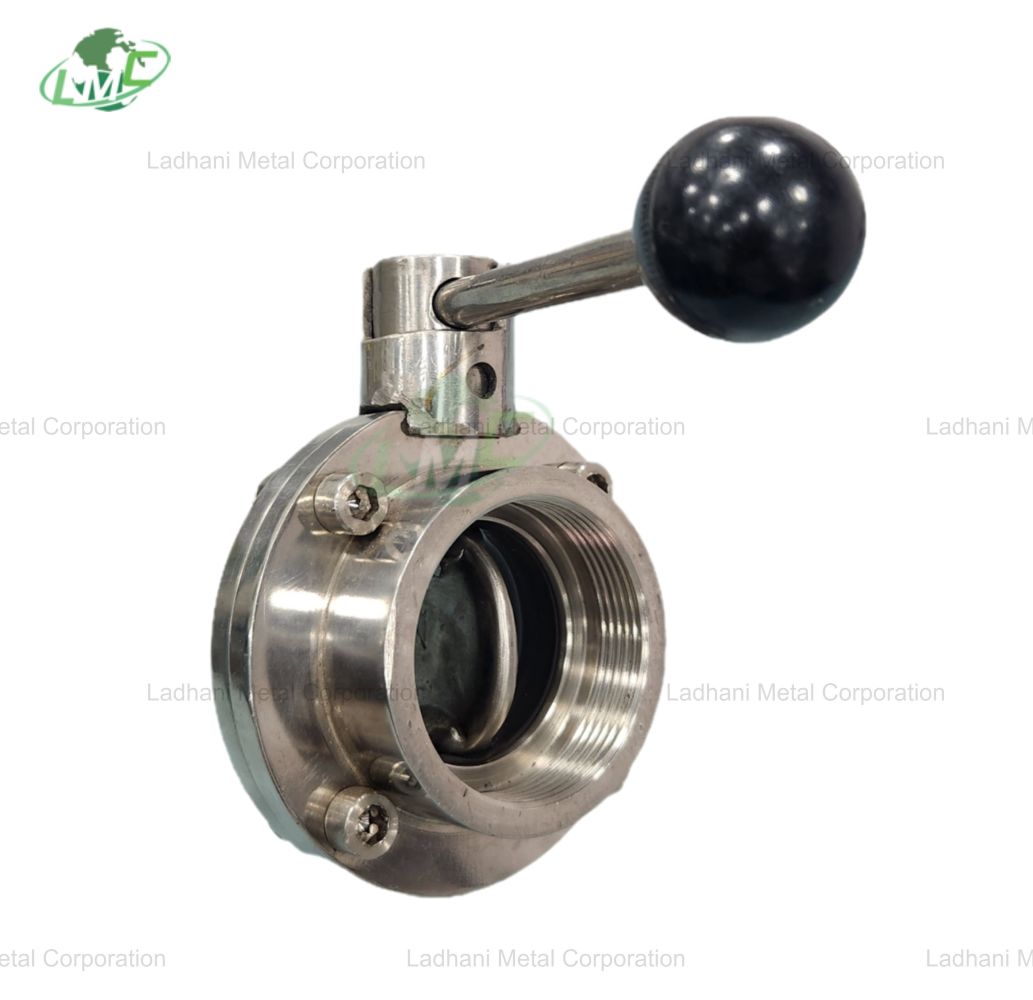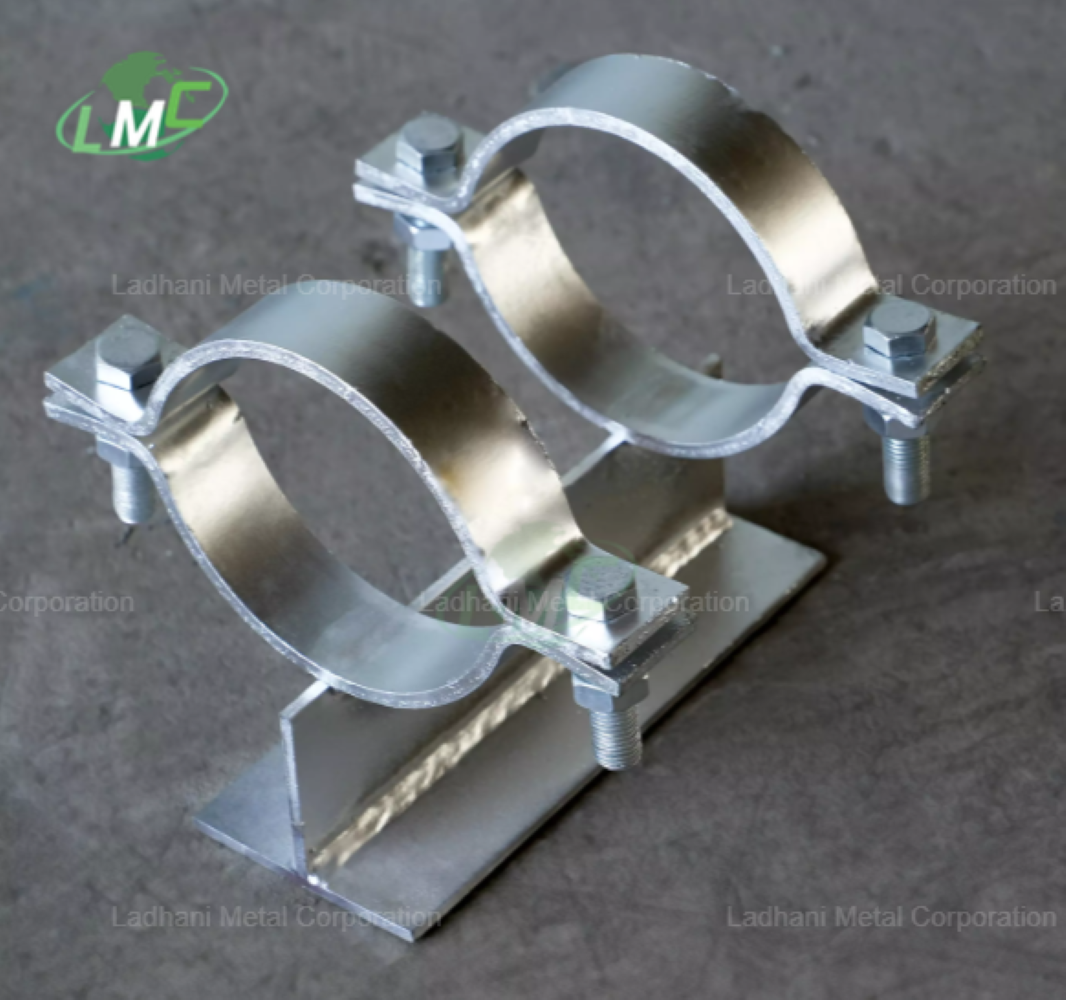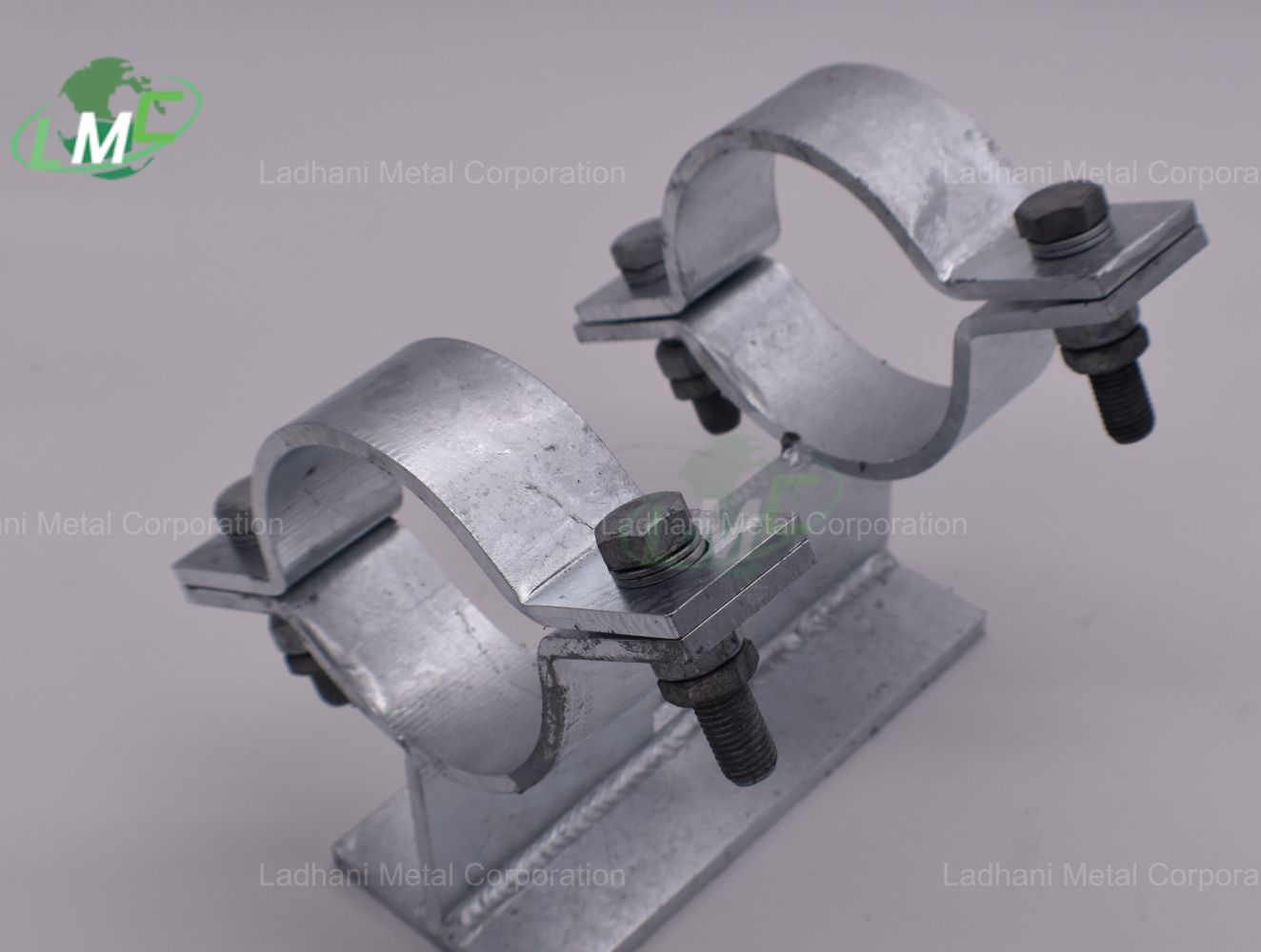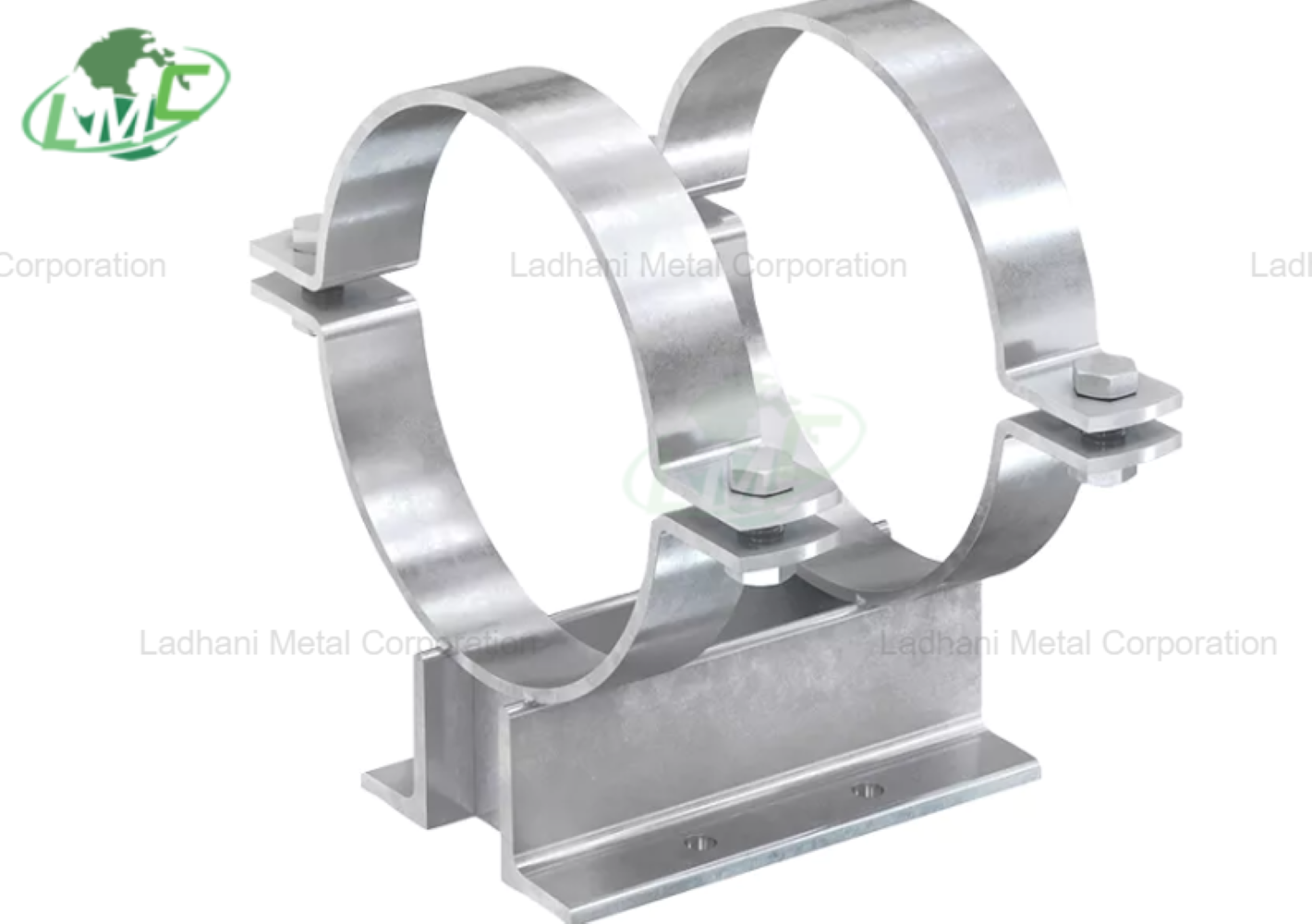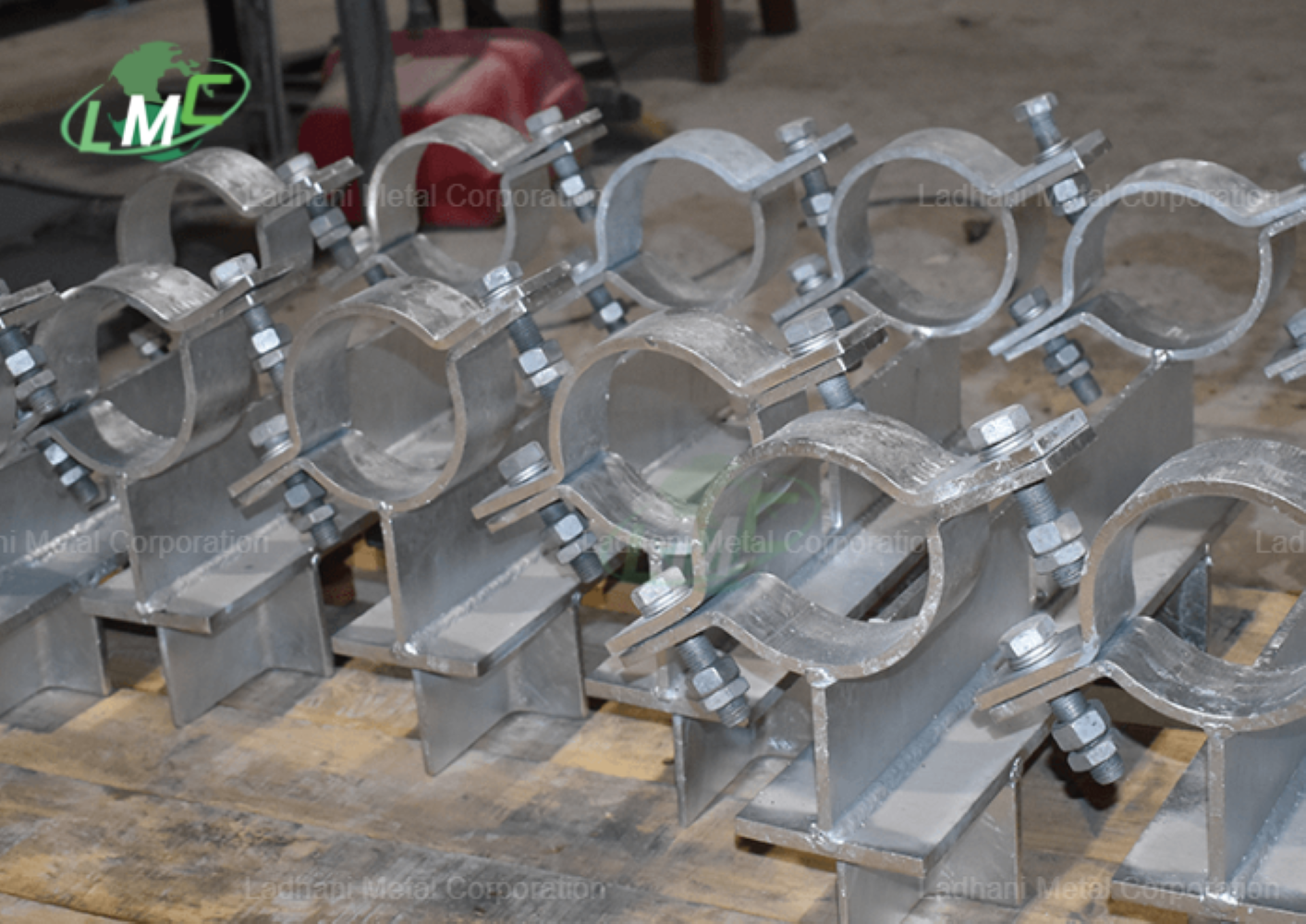Tungsten-Copper Industrial Ring is a high-performance component made from an alloy of tungsten (W) and copper (Cu), combining the exceptional properties of both metals. This industrial ring is specifically designed for applications requiring both high strength and excellent thermal and electrical conductivity. The unique characteristics of tungsten-copper alloys make these rings suitable for use in industries such as aerospace, electronics, manufacturing, and energy, where they can withstand extreme conditions. Properties: · Density: Tungsten-copper industrial rings are very dense, with a specific gravity ranging between 17 g/cm³ and 19 g/cm³. The high density of the tungsten gives the ring its strength and mass, making it suitable for applications where weight or stability is important. · Color and Appearance: Tungsten-copper industrial rings generally have a metallic gray or brownish appearance due to the tungsten content, and the copper gives the ring a slightly reddish hue, depending on the specific ratio of the metals. · Size and Shape: These rings are typically available in various diameters and thicknesses depending on the application. Custom dimensions and designs can be produced to meet specific performance or size requirements. The rings can be precisely machined or cast to the desired specifications. · Strength: Tungsten provides the ring with high tensile strength, making it resistant to wear, deformation, and mechanical stress. The copper content improves overall impact resistance, reducing the risk of cracking under extreme conditions. · Hardness: Tungsten has a high level of hardness, which allows the industrial ring to resist abrasions, indentations, and general wear. However, copper improves the machinability of the alloy, enabling more complex shapes and designs. Applications of Tungsten-Copper Industrial Ring: · Heat Shields: Due to their high thermal conductivity and strength, tungsten-copper industrial rings are used in aerospace applications like heat shields and rocket nozzles, which must withstand extreme temperatures during flight. · Counterweights: Tungsten's high density makes it ideal for use in counterweights for aerospace structures or systems where weight distribution is critical. · Electrical Contacts: Tungsten-copper industrial rings are used in high-voltage electrical contacts due to their electrical conductivity and ability to manage heat dissipation. They are found in commutators, switches, and connectors where both conductivity and wear resistance are essential. · Heat Sinks: The thermal conductivity of tungsten-copper alloys makes these rings ideal for heat dissipation in power electronics or LED lights, where managing heat is crucial for performance. · Welding Electrodes: Tungsten-copper industrial rings can also be used in welding electrodes, particularly for arc welding applications where the material must endure extreme temperatures and provide stable electrical conduction.


